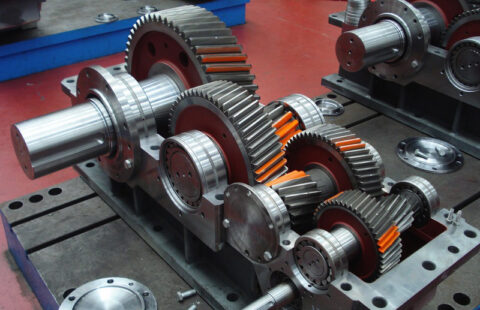
Understanding Turbochargers: How They Enhance Engine Performance
What is a Turbocharger?
A turbocharger is a device that helps boost the power of an engine by forcing more air into the combustion chamber. This increased airflow allows for more fuel to be burned, which in turn produces more power and improves overall engine efficiency. Turbochargers are commonly found in both gasoline and diesel engines, making them popular among automotive manufacturers.
How Does a Turbocharger Work?
The core principle of a turbocharger lies in its ability to utilize exhaust gases to spin a turbine, which then powers a compressor. This compressor draws in additional air, compressing it before it enters the engine. The result is a significant increase in horsepower without the need for a larger engine. Additionally, turbochargers can lead to improved fuel economy, as they enable smaller engines to perform efficiently at higher power levels.
Benefits of Turbochargers in Modern Vehicles
One of the primary advantages of turbochargers is their ability to enhance performance while maintaining compact engine size. Many modern vehicles are equipped with turbocharged engines to achieve a perfect balance between power and efficiency. Furthermore, turbochargers reduce emissions by promoting a more complete combustion process. As a result, car manufacturers are increasingly opting for turbocharged solutions to meet regulatory standards while providing customers with exhilarating driving experiences.



